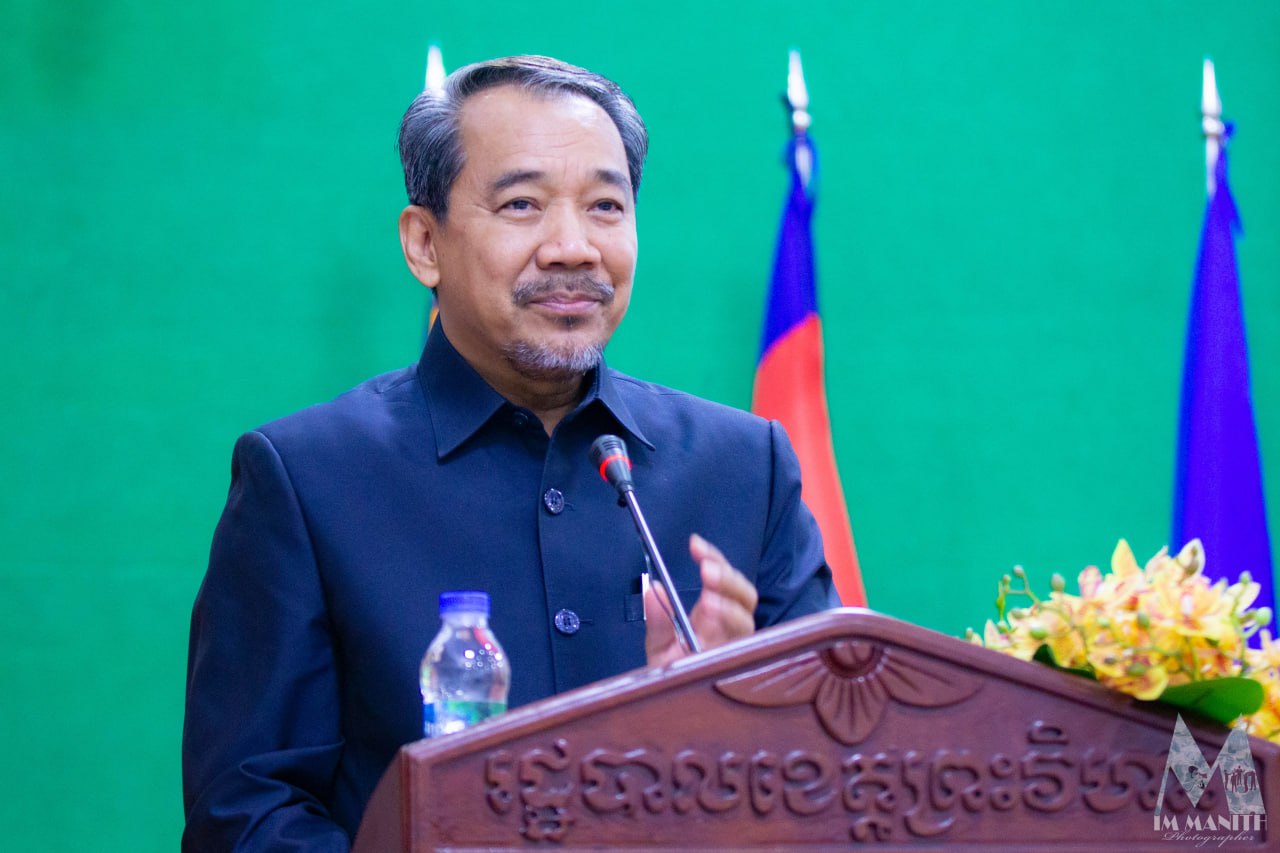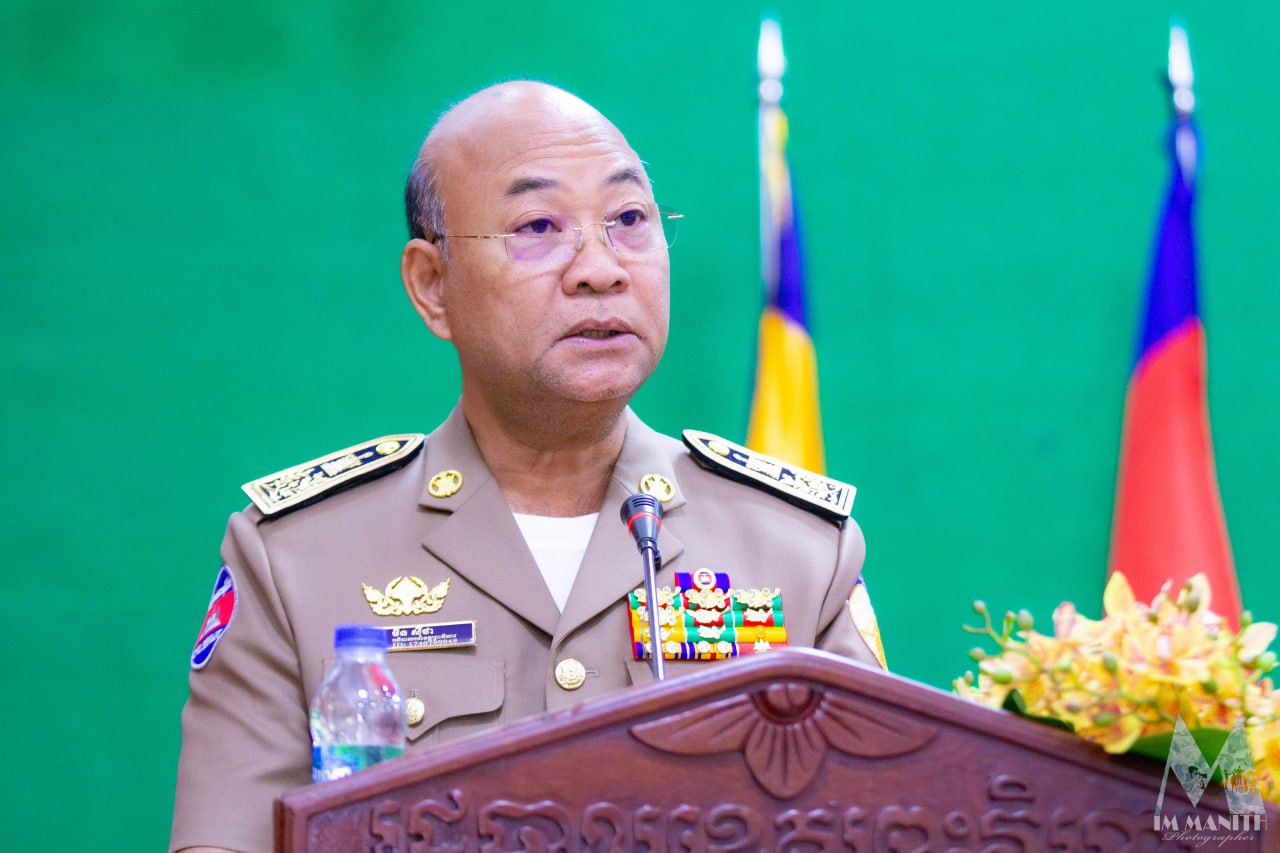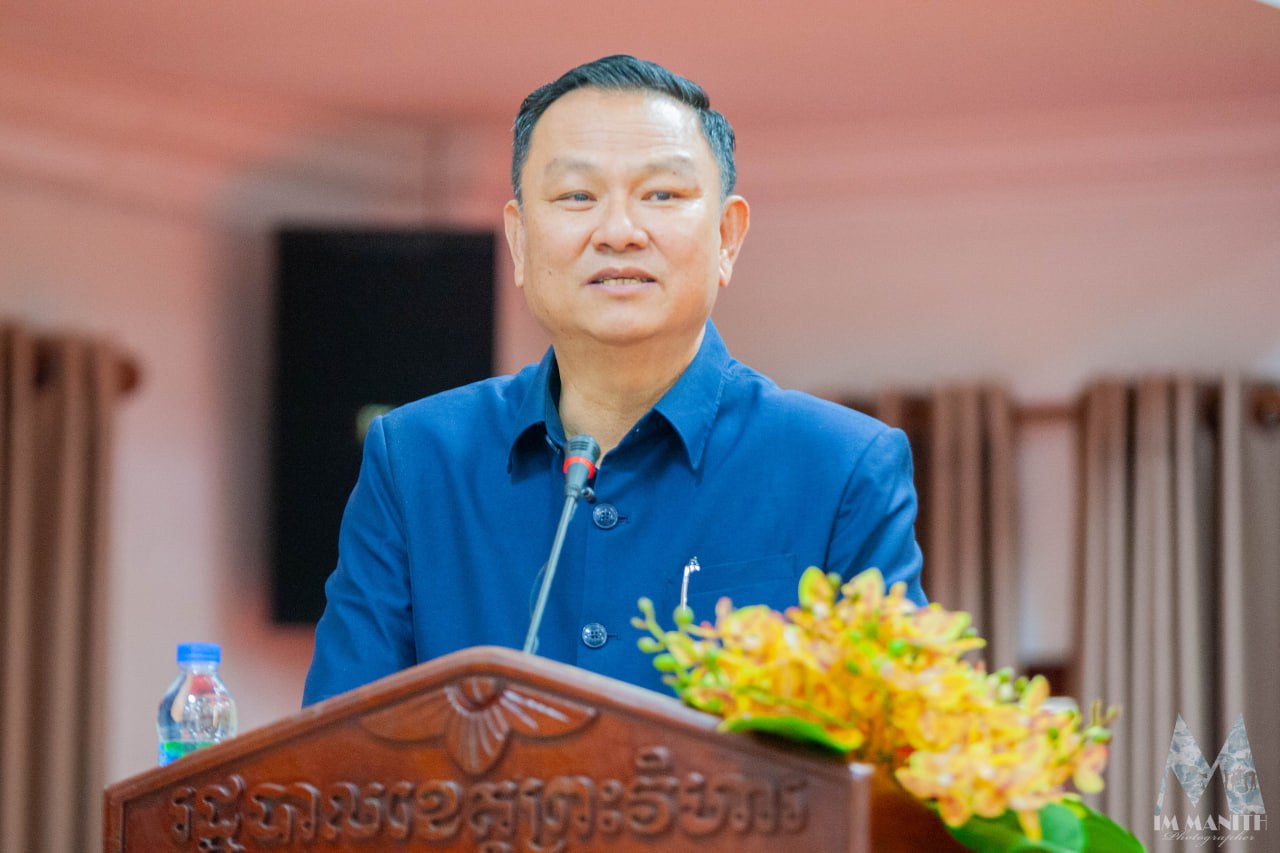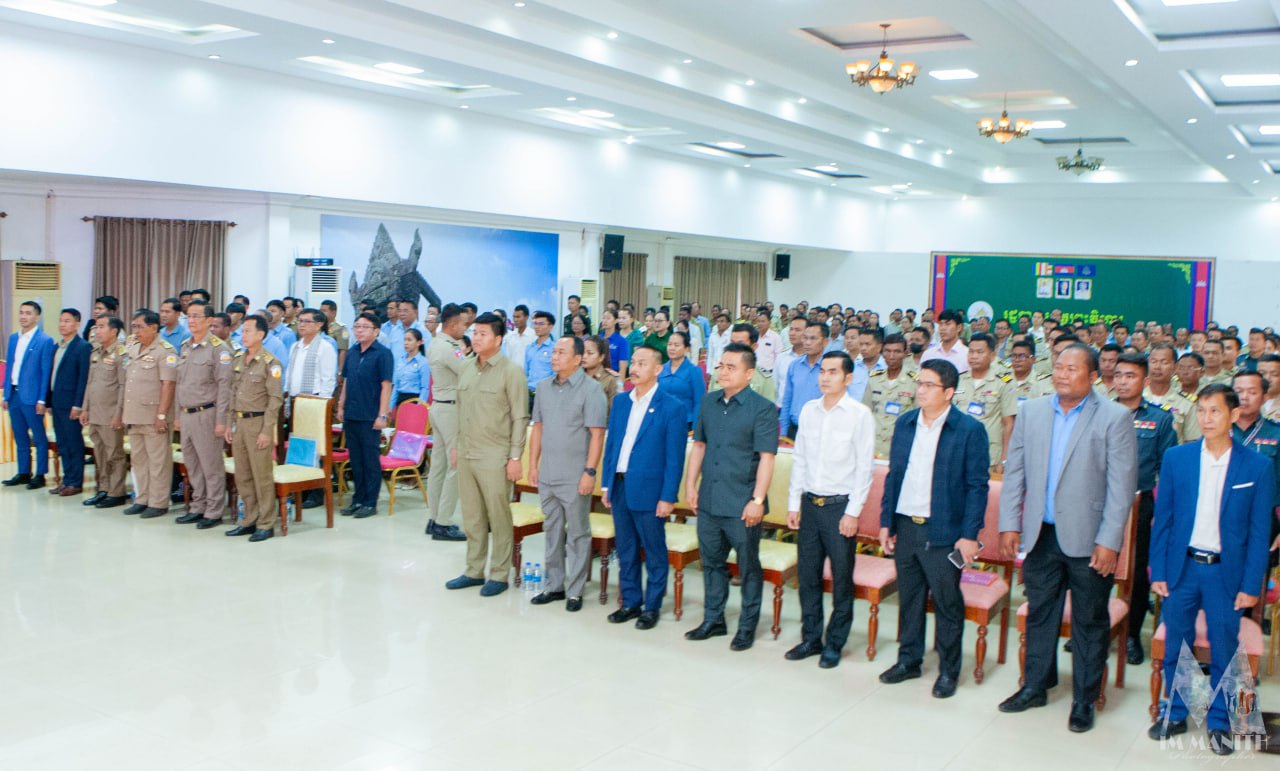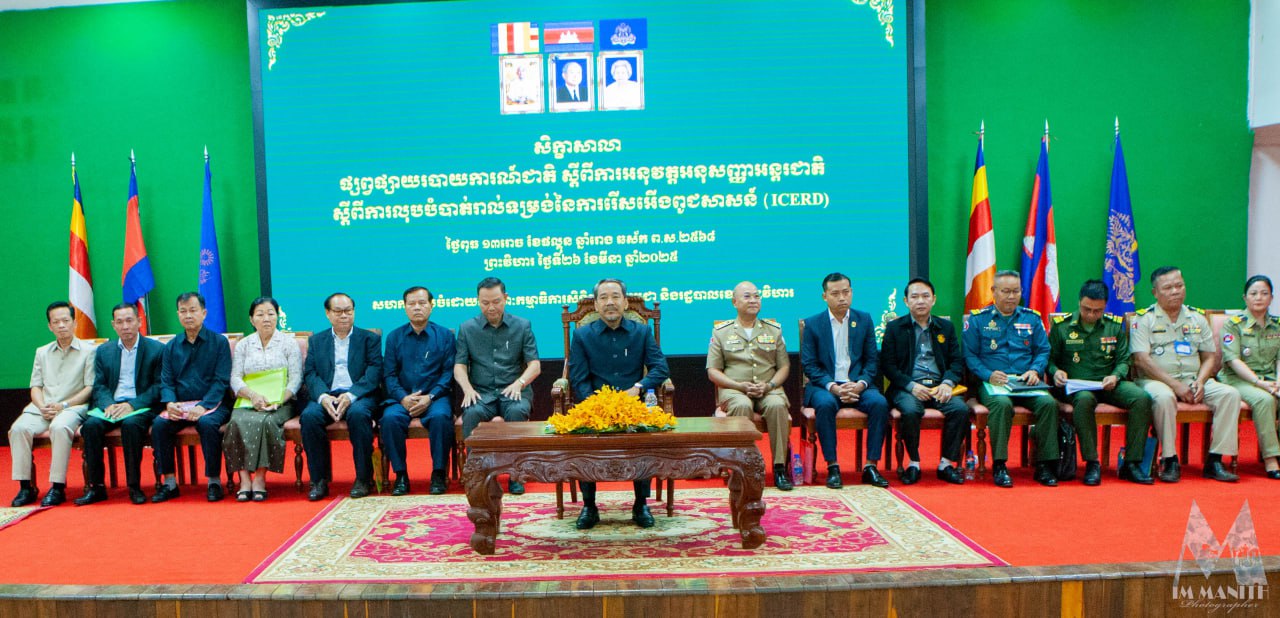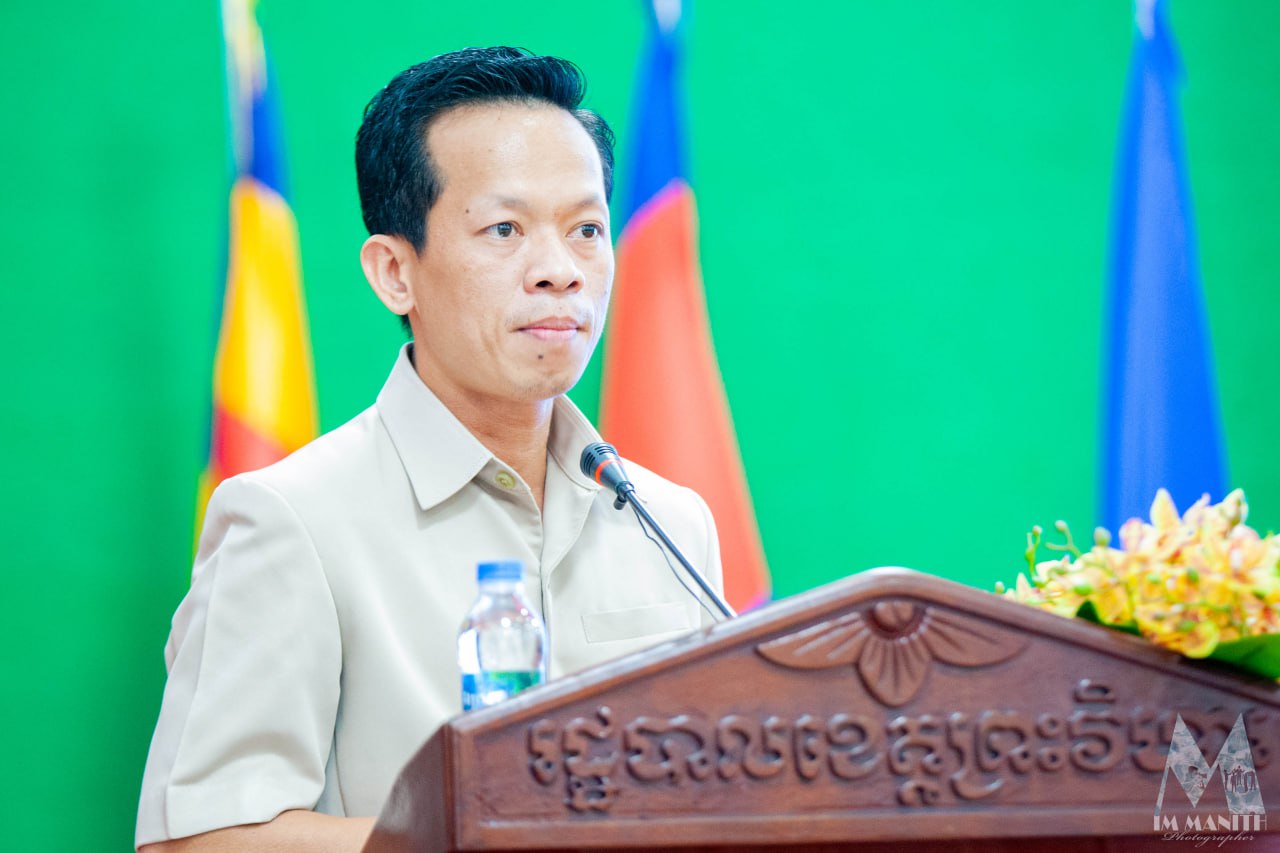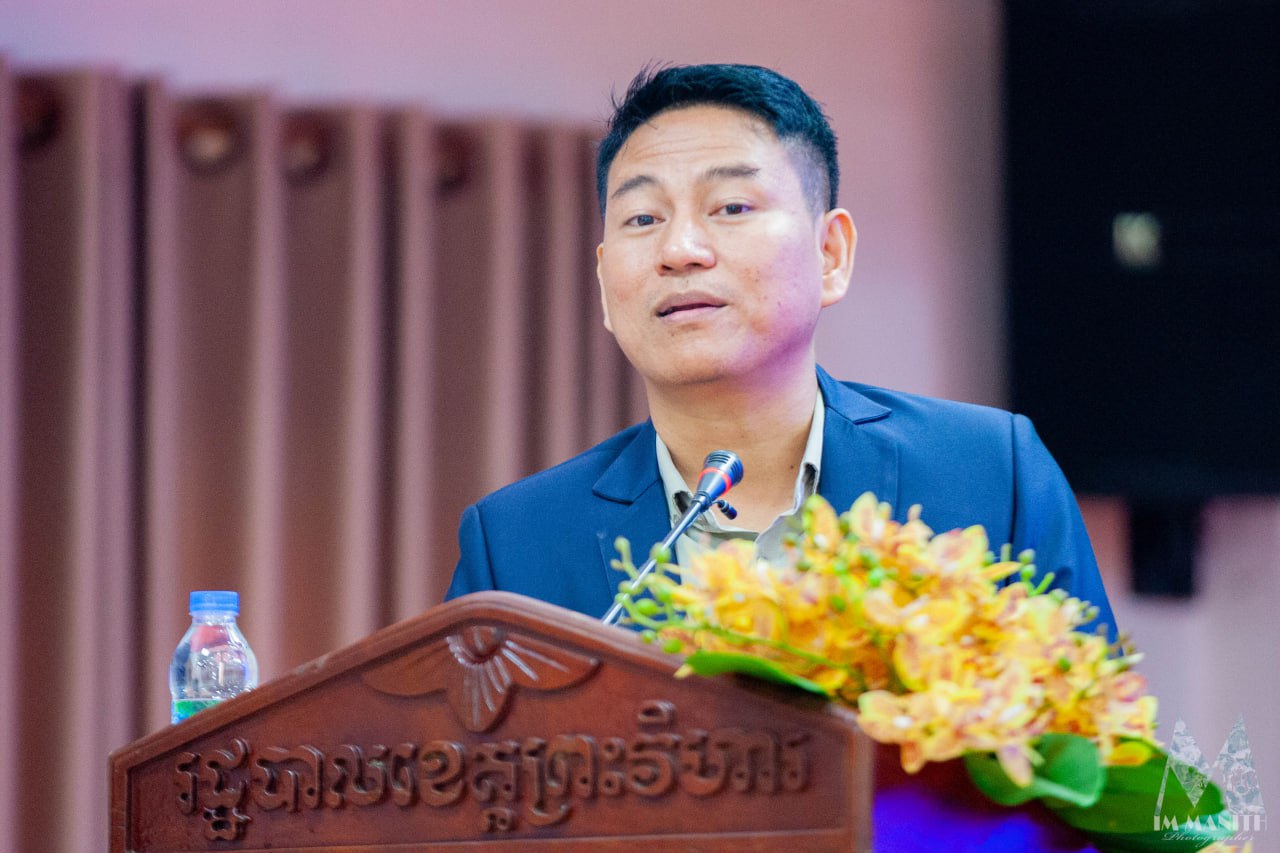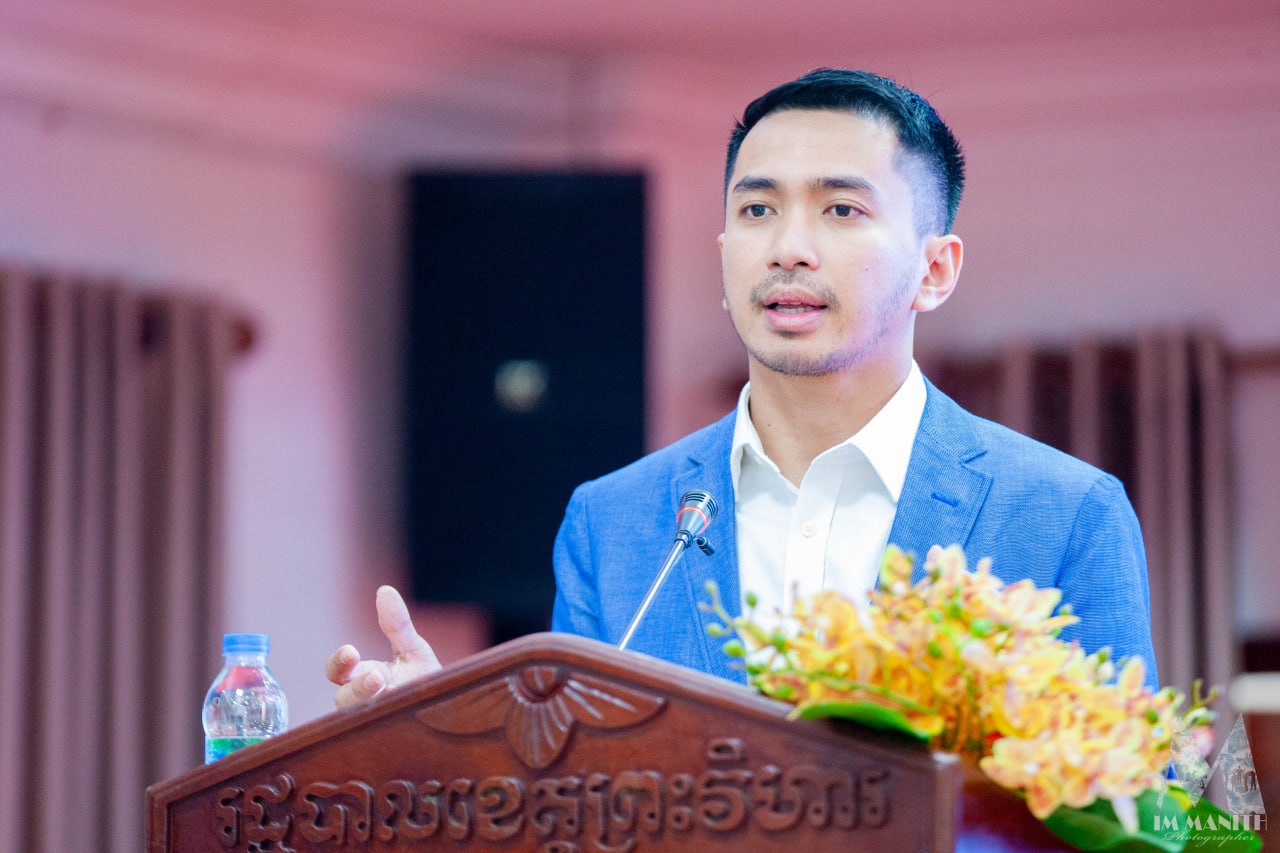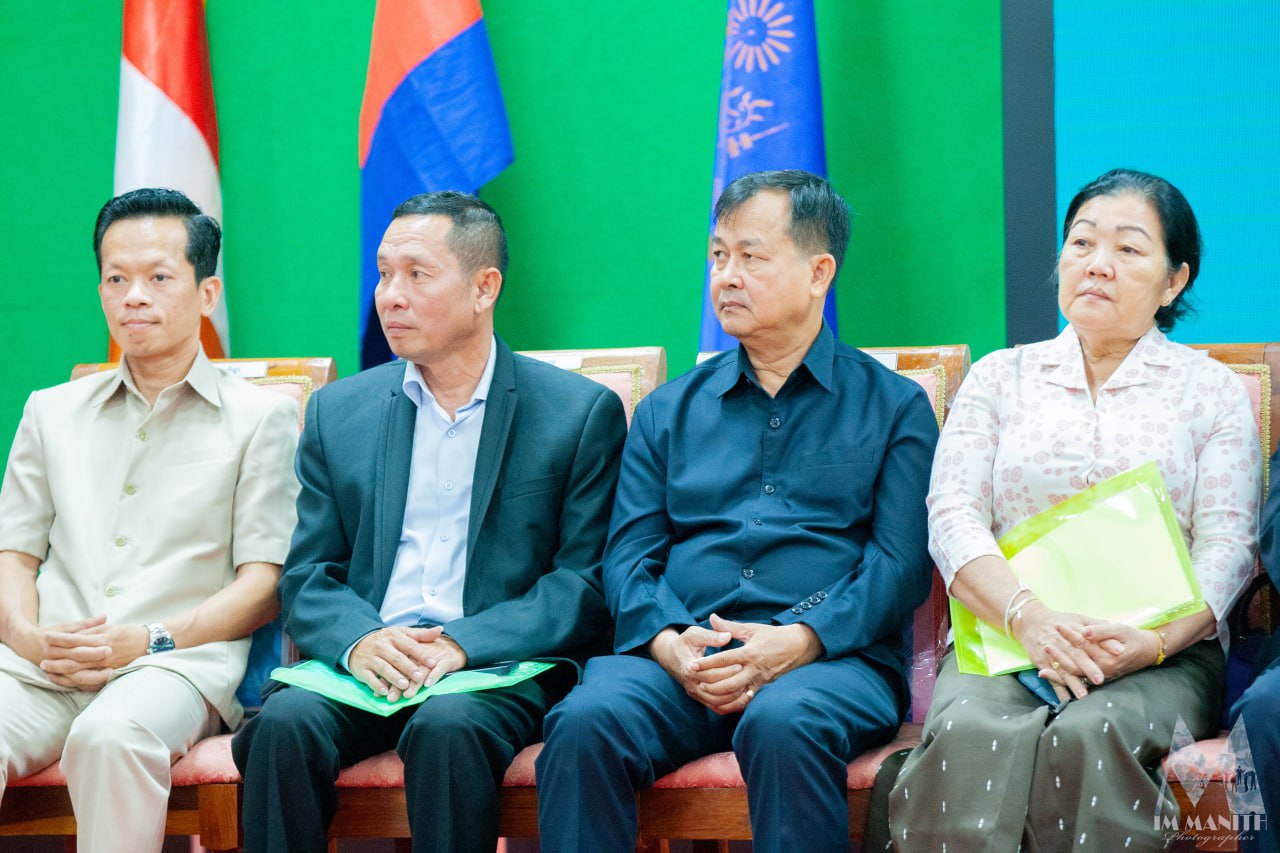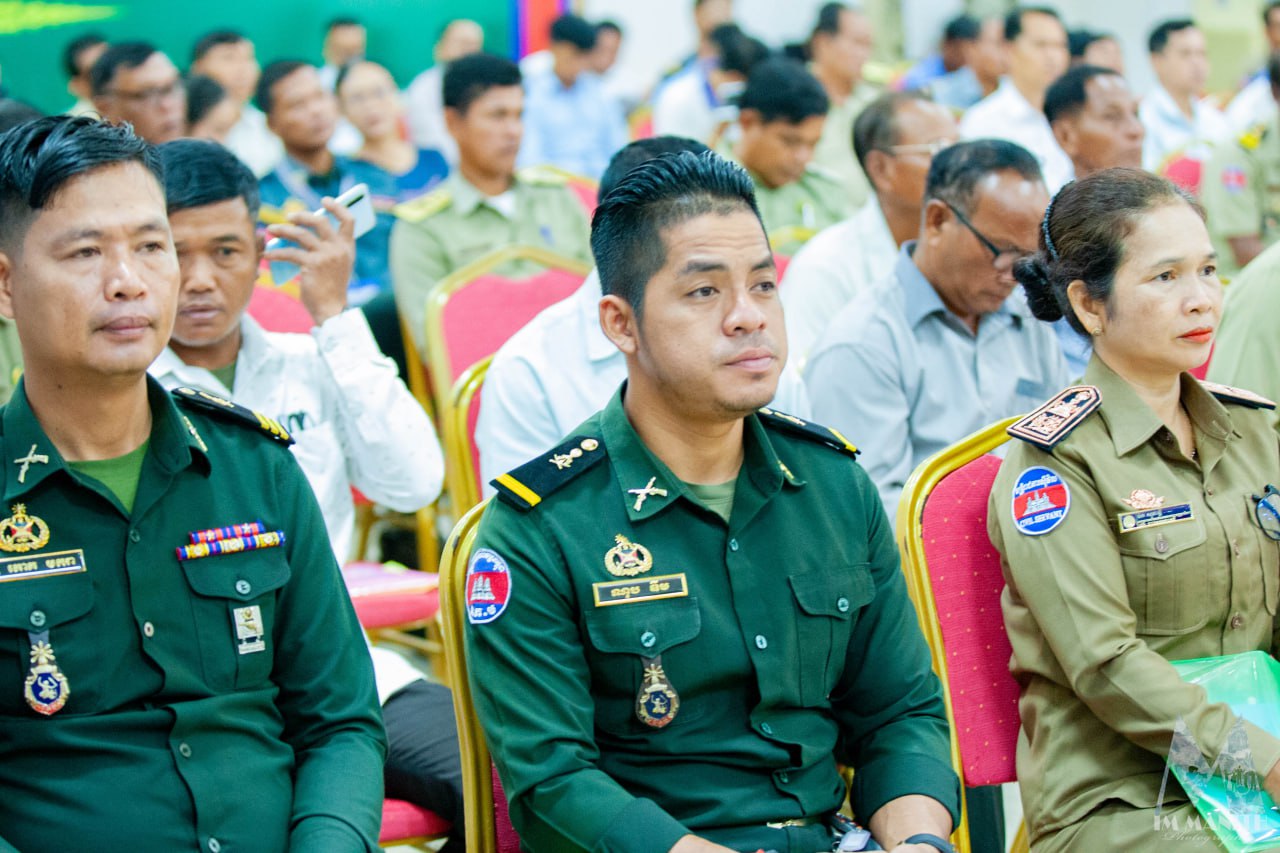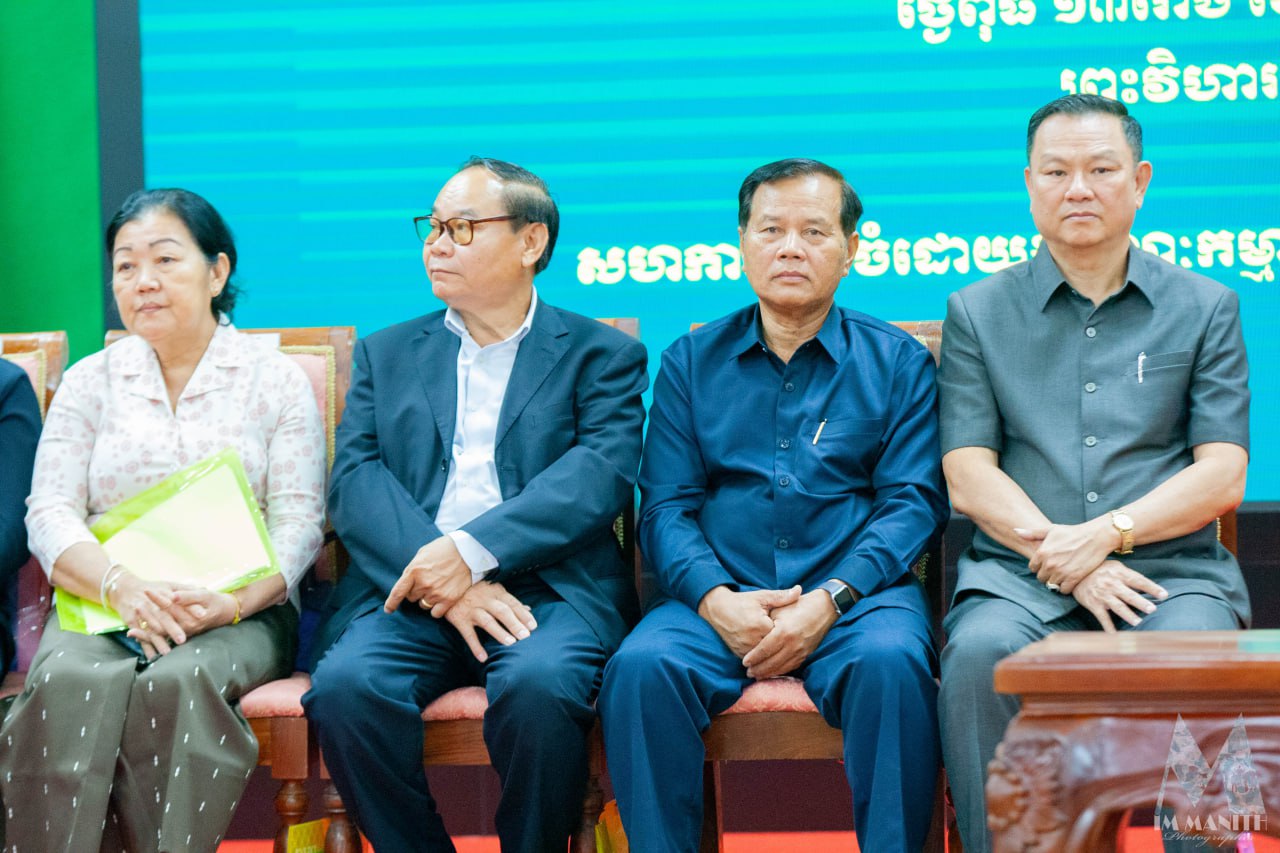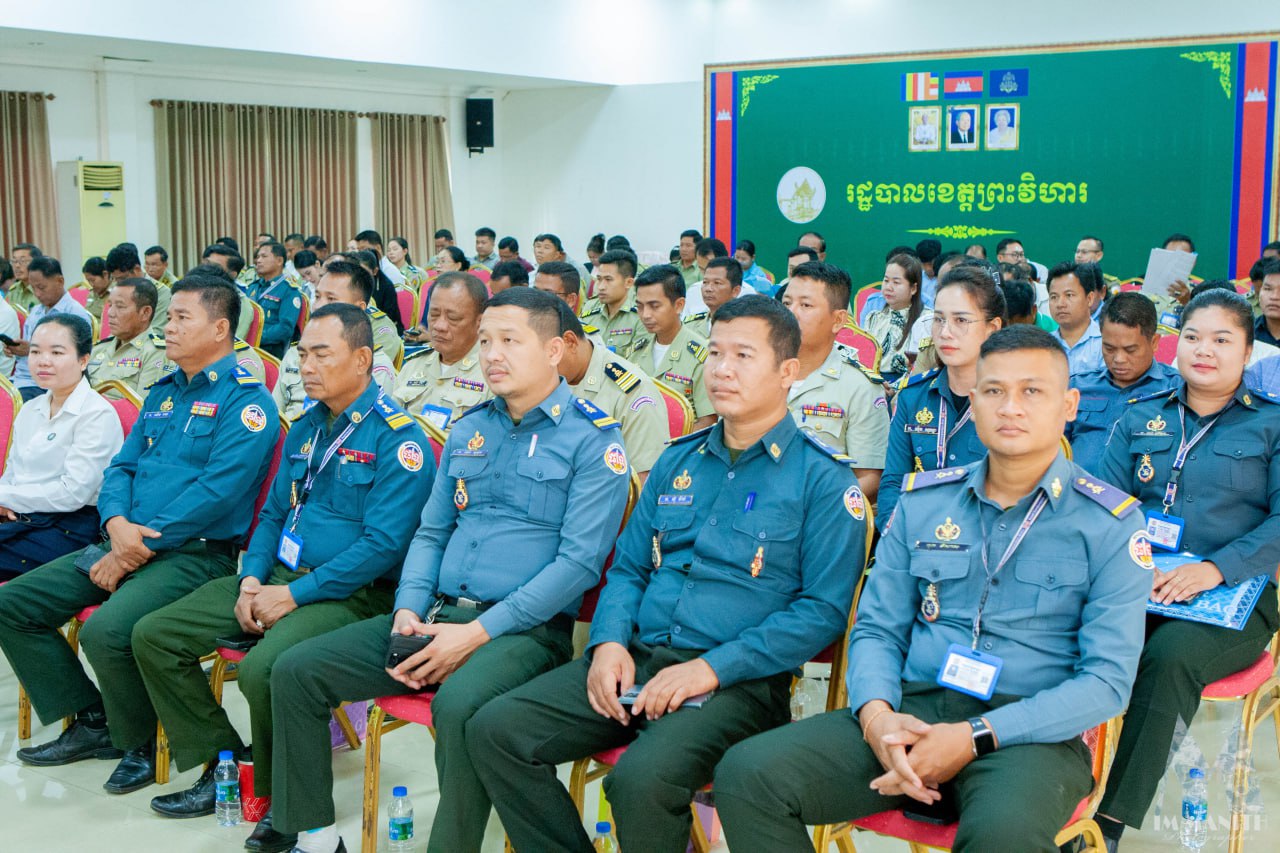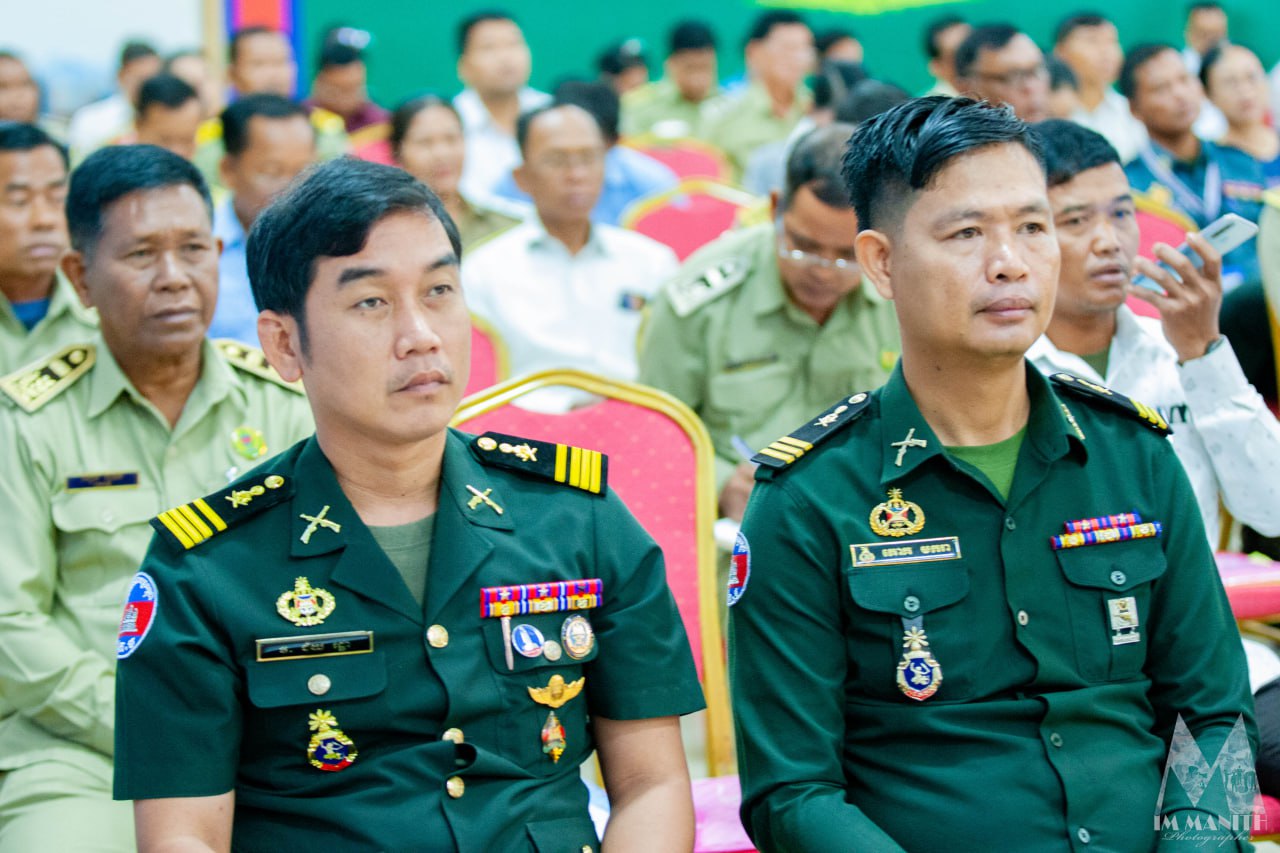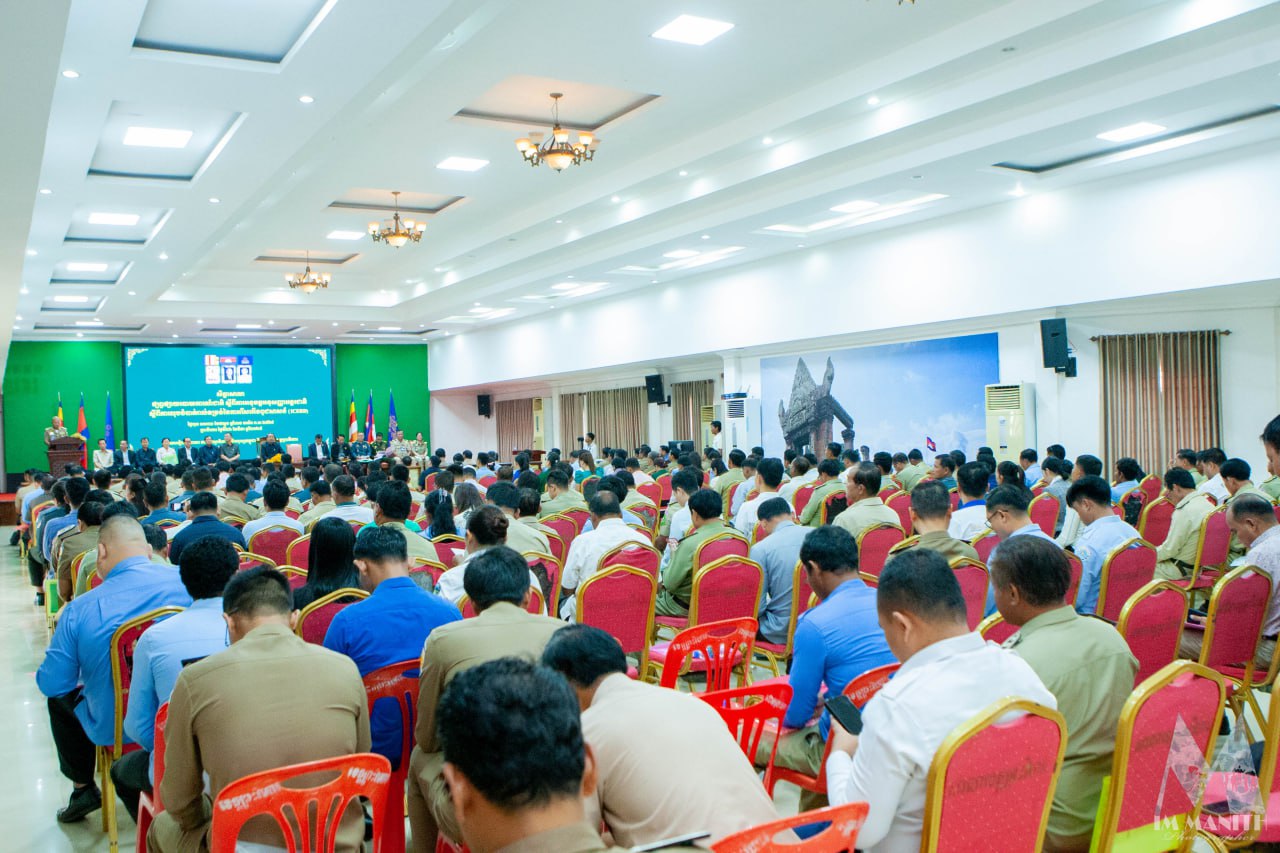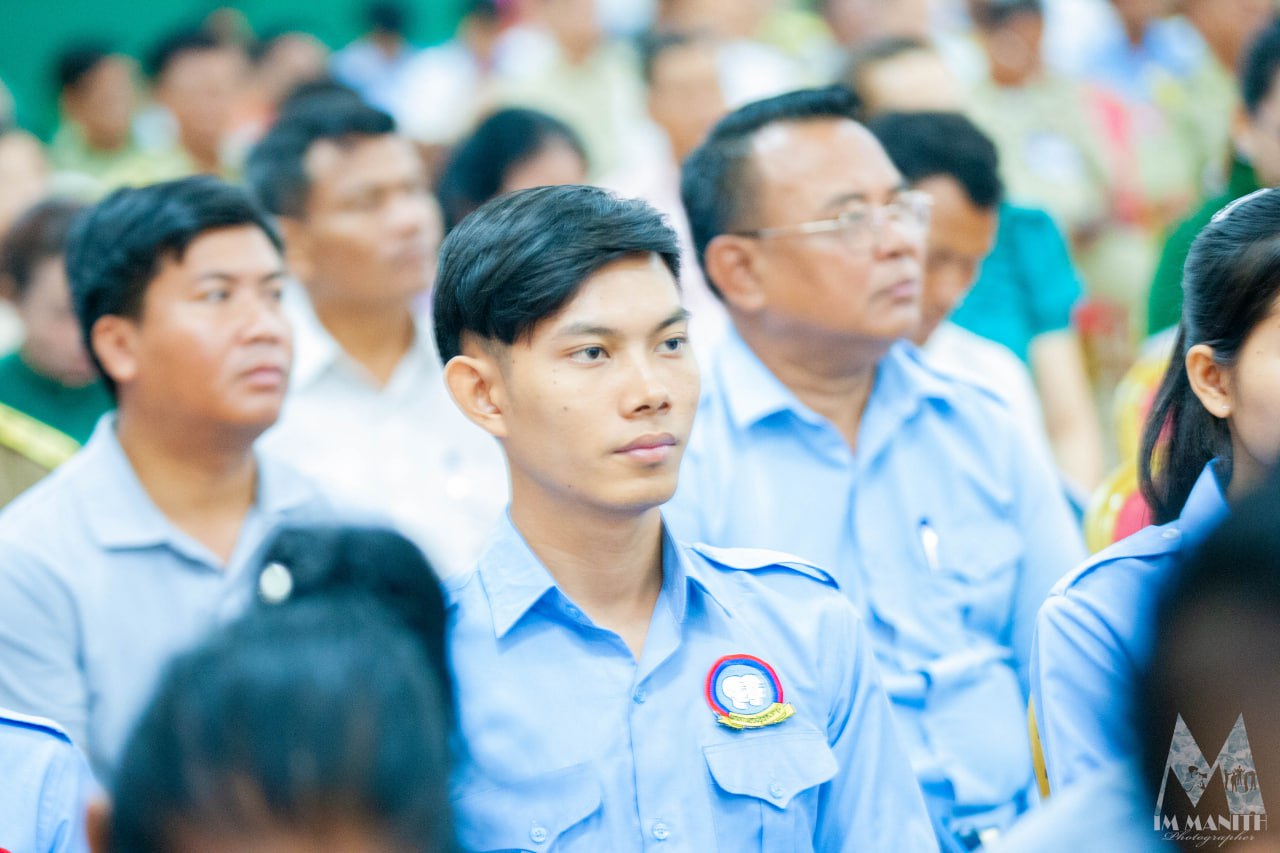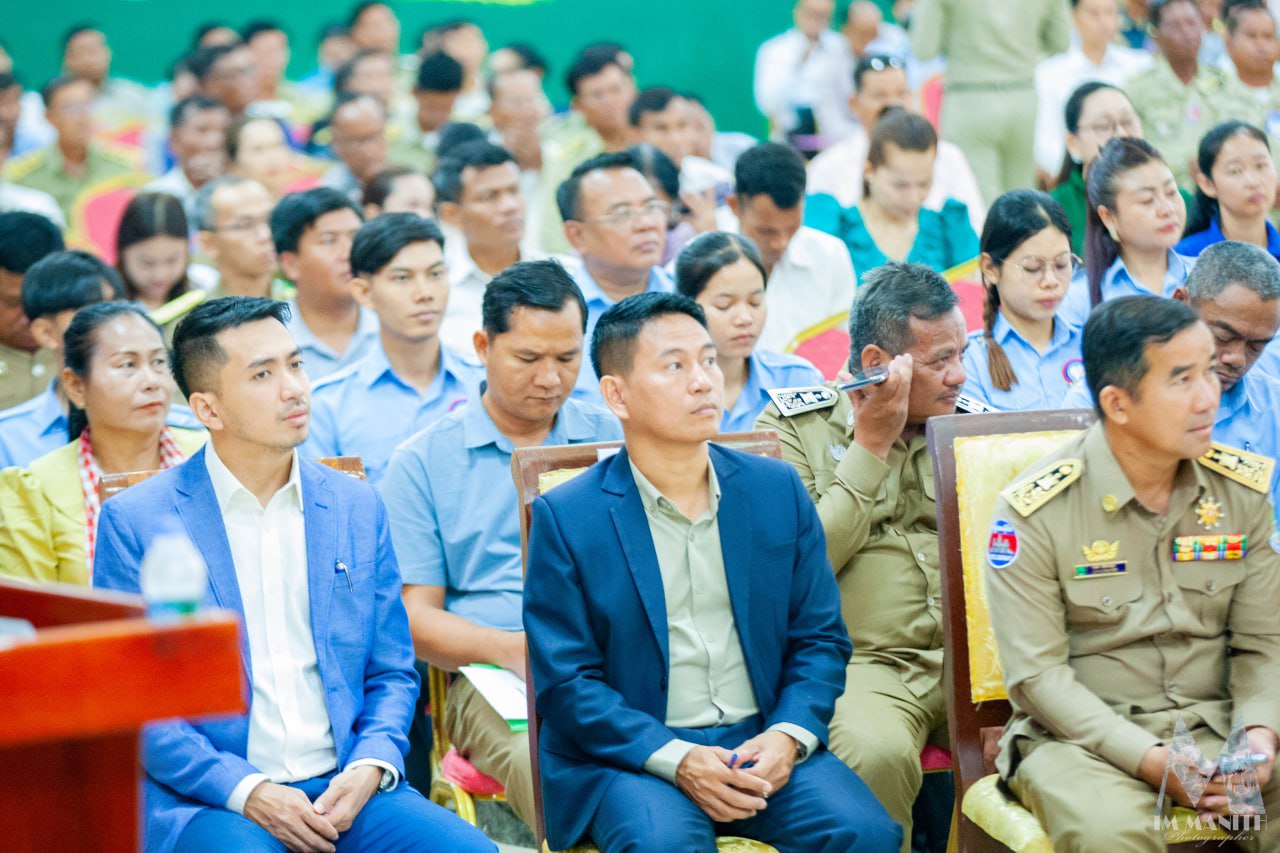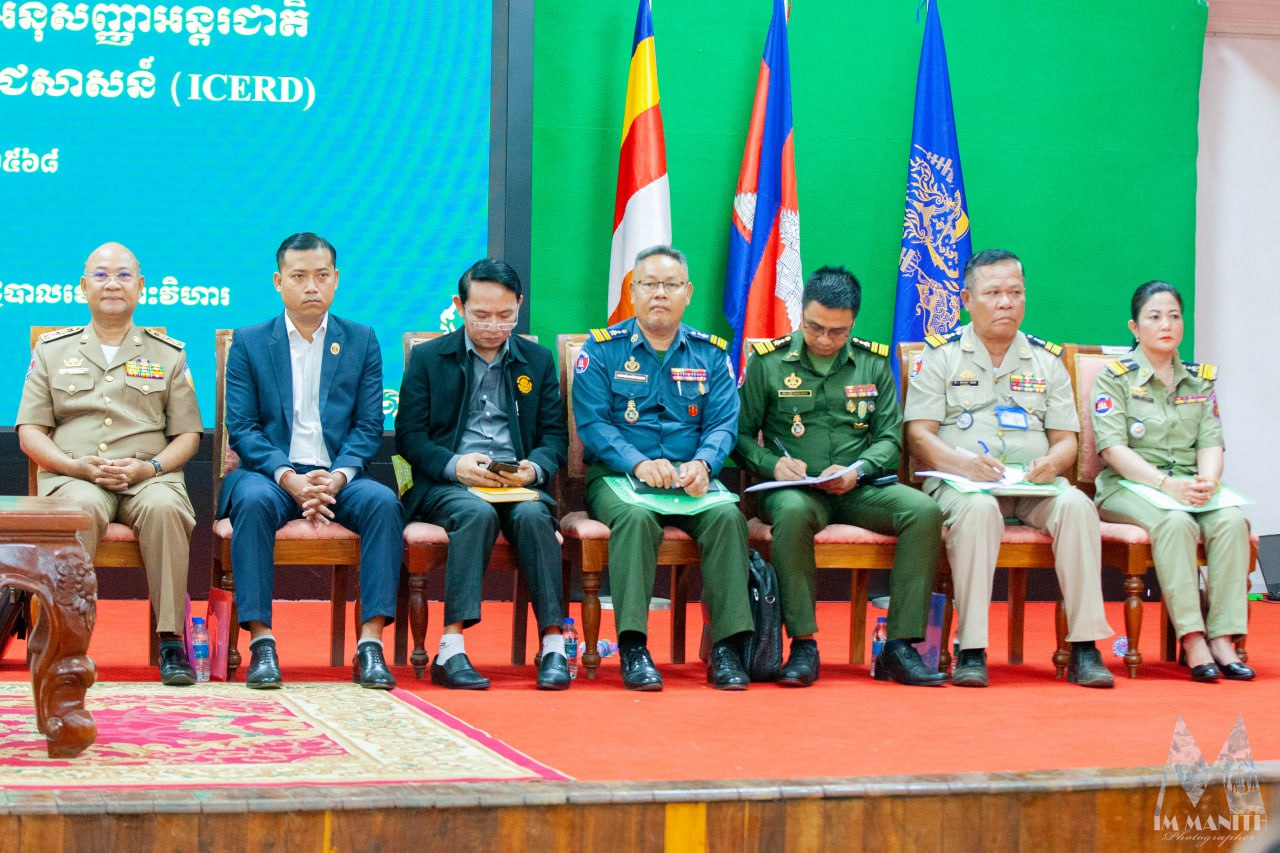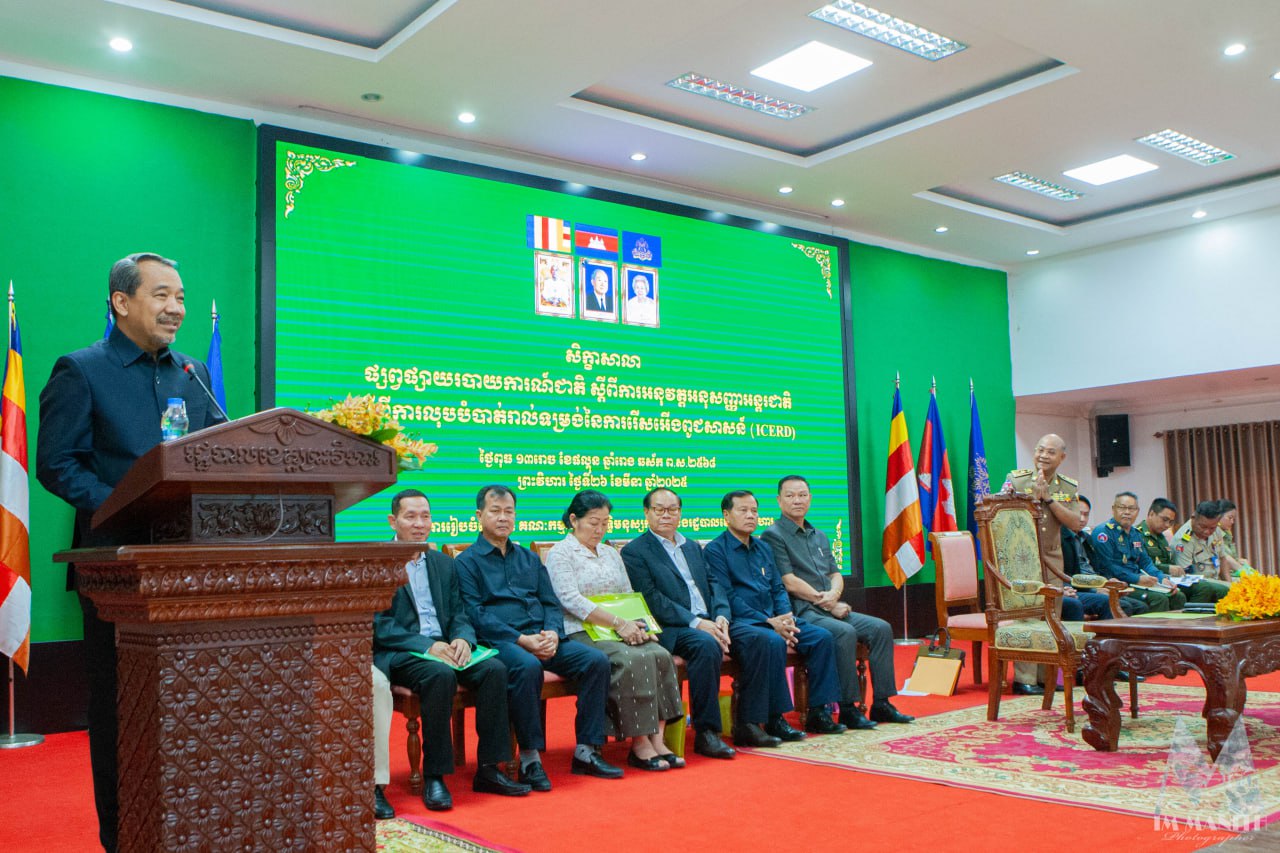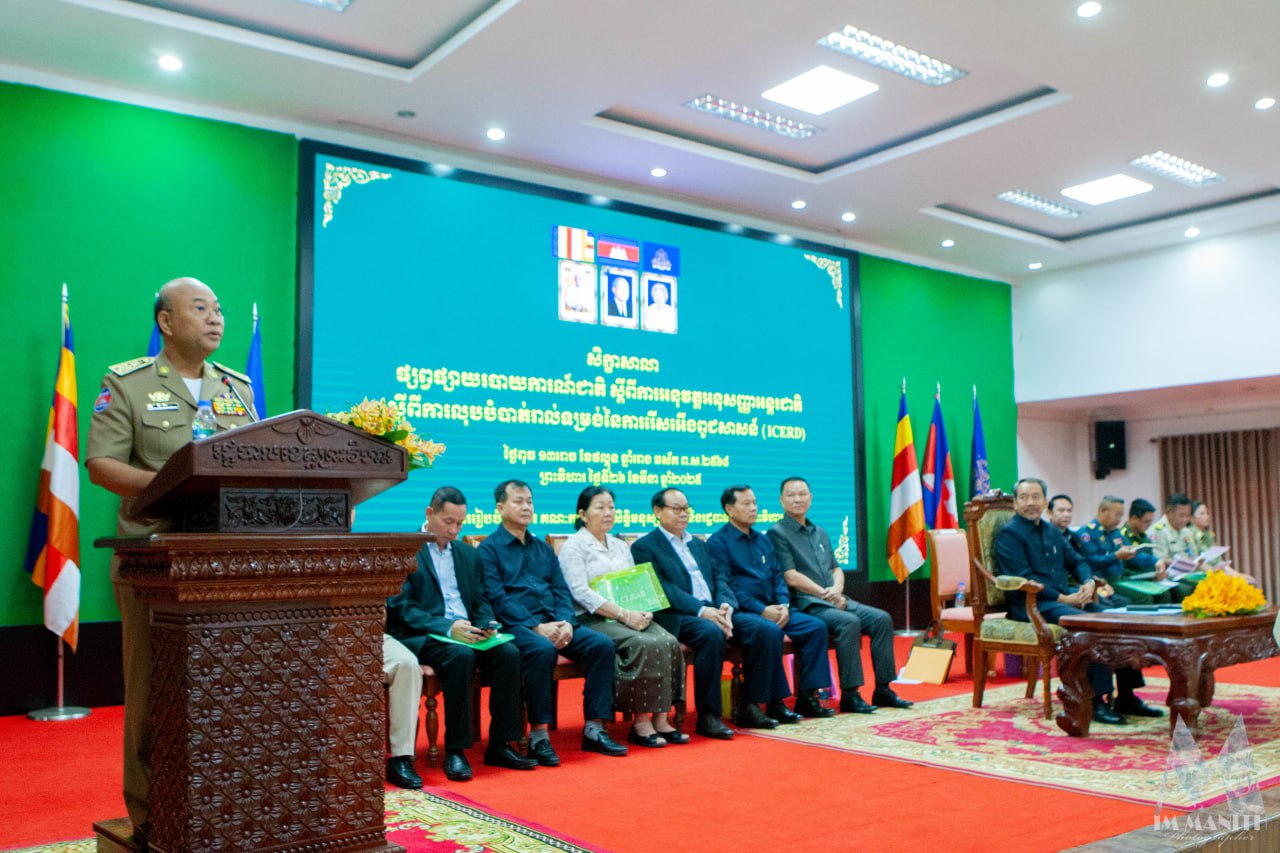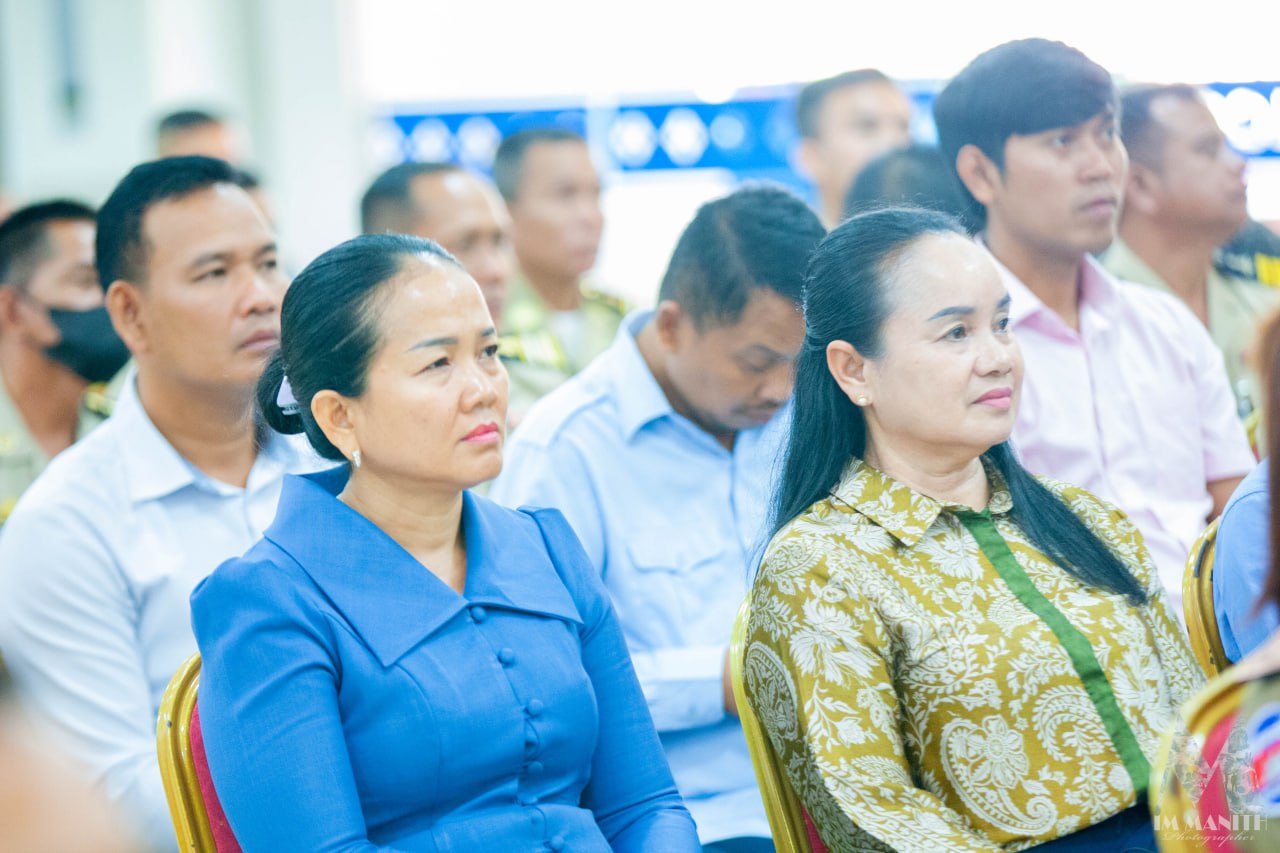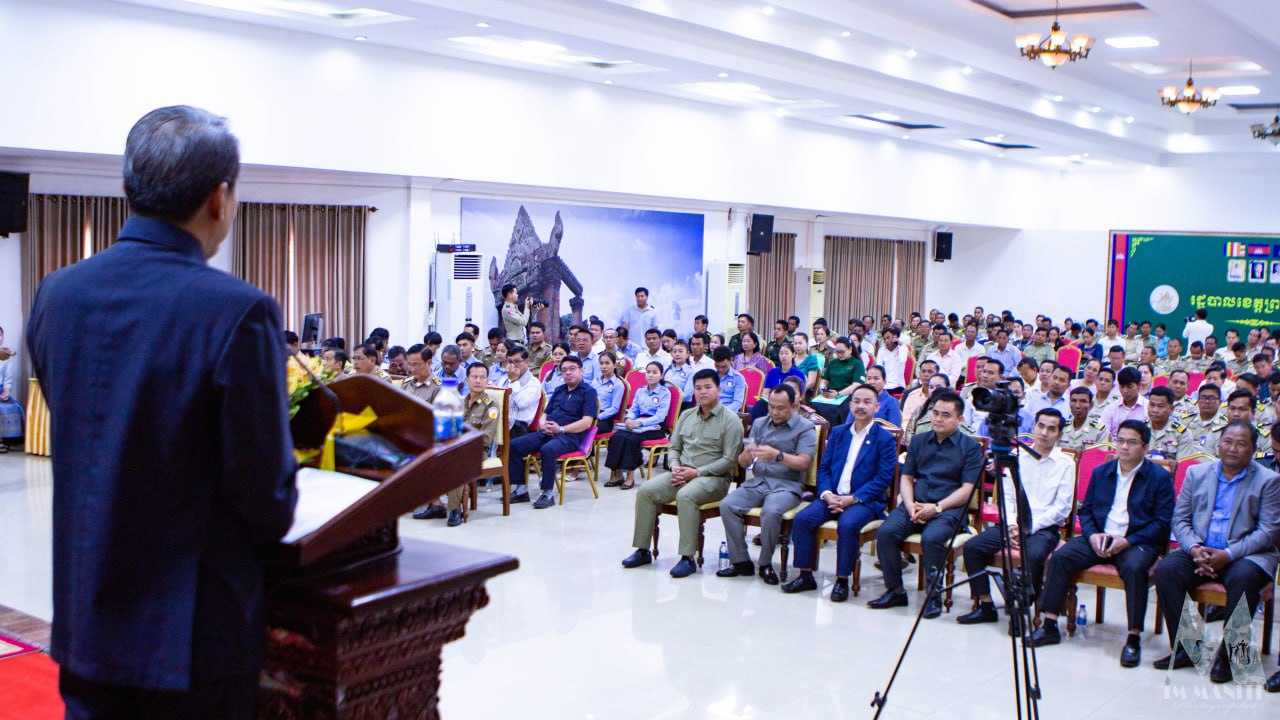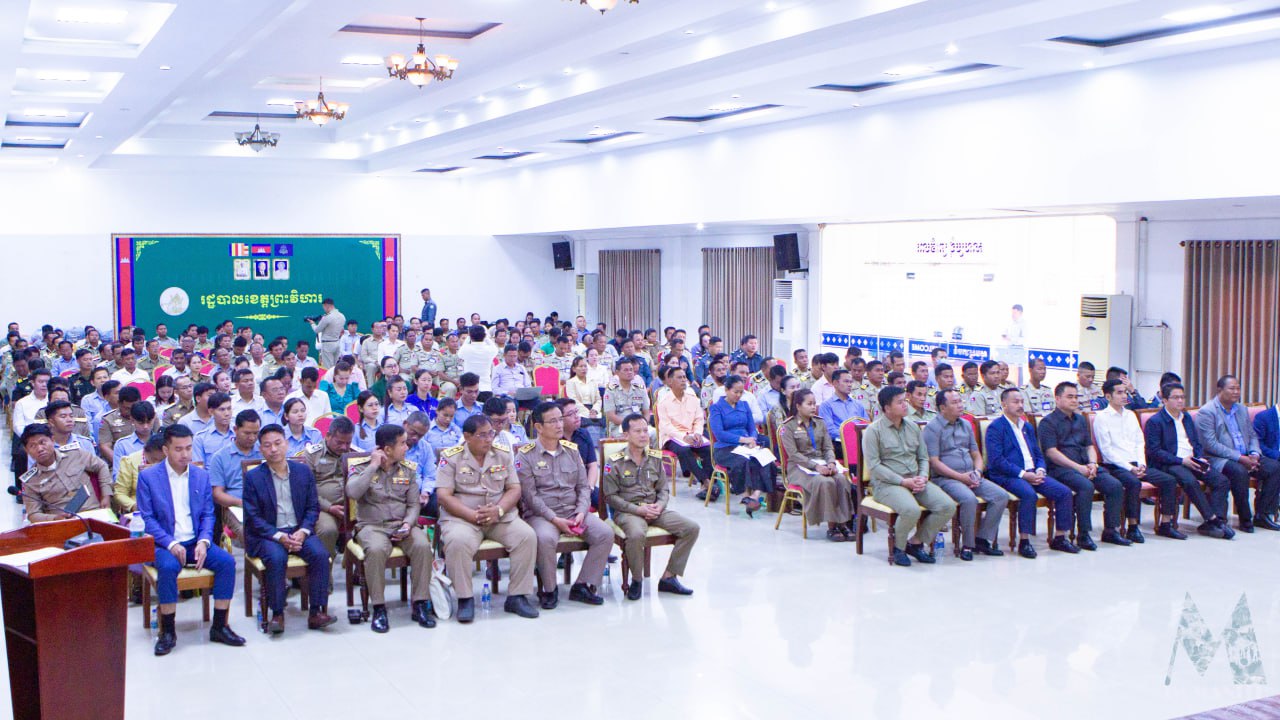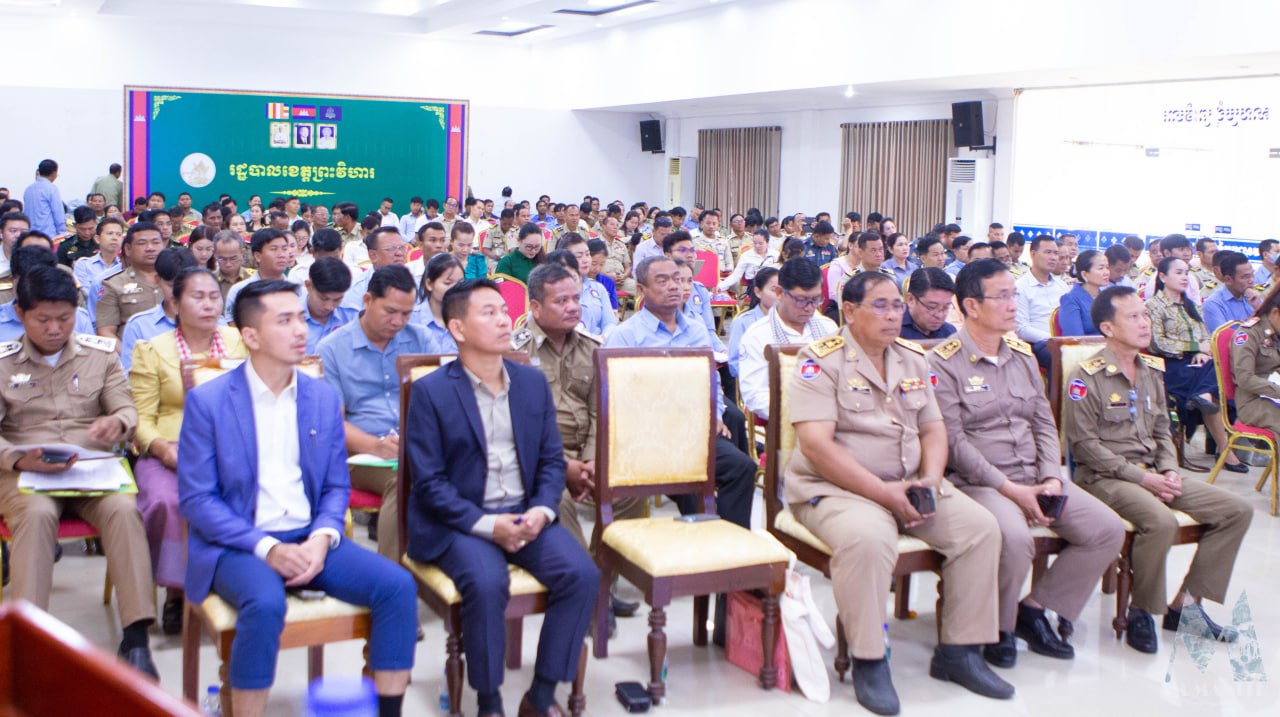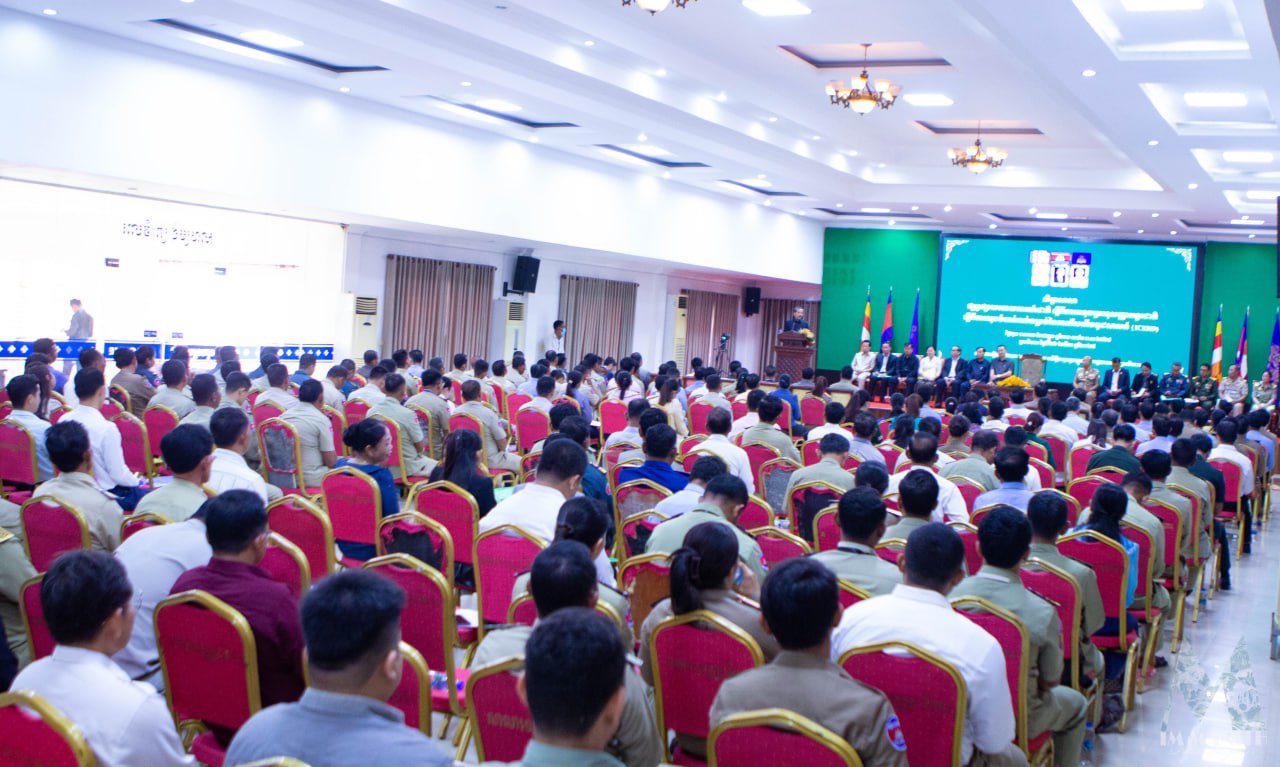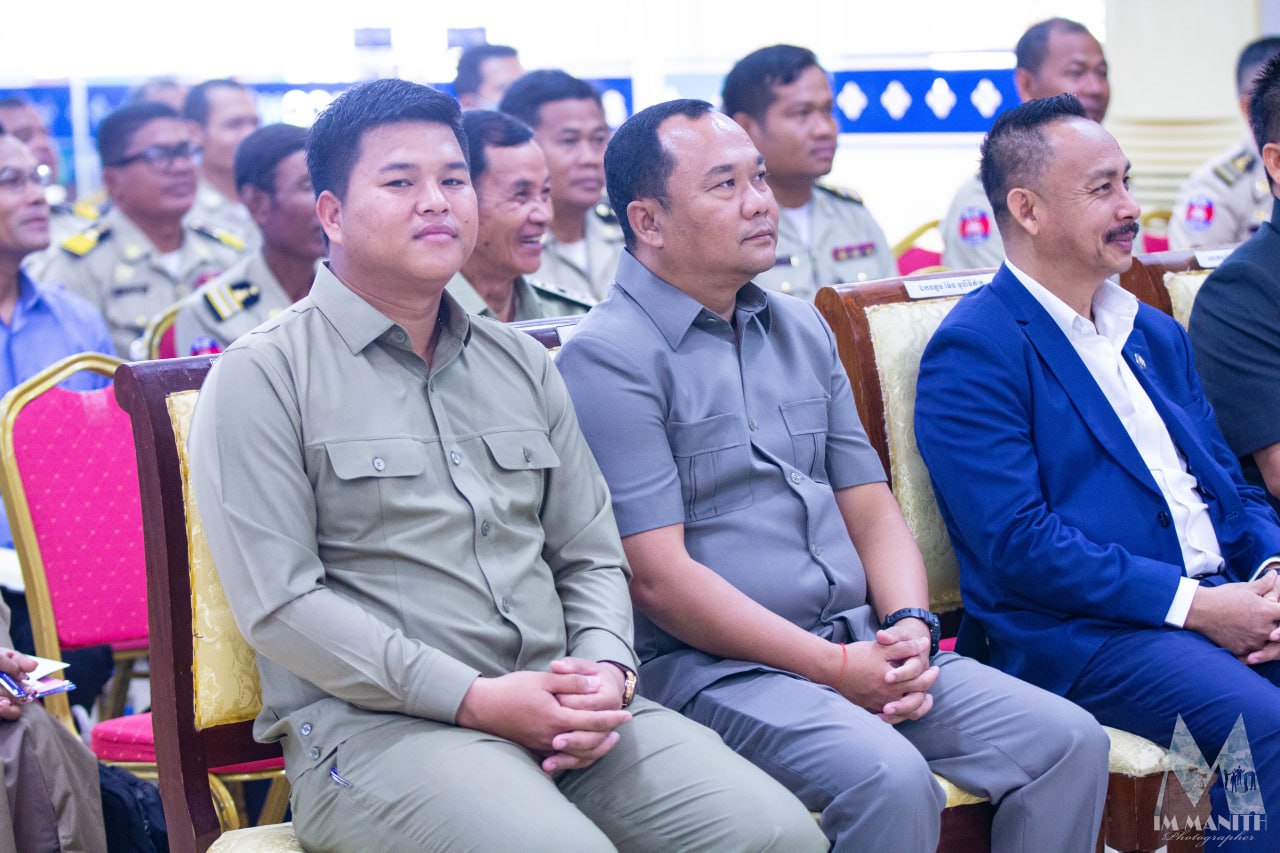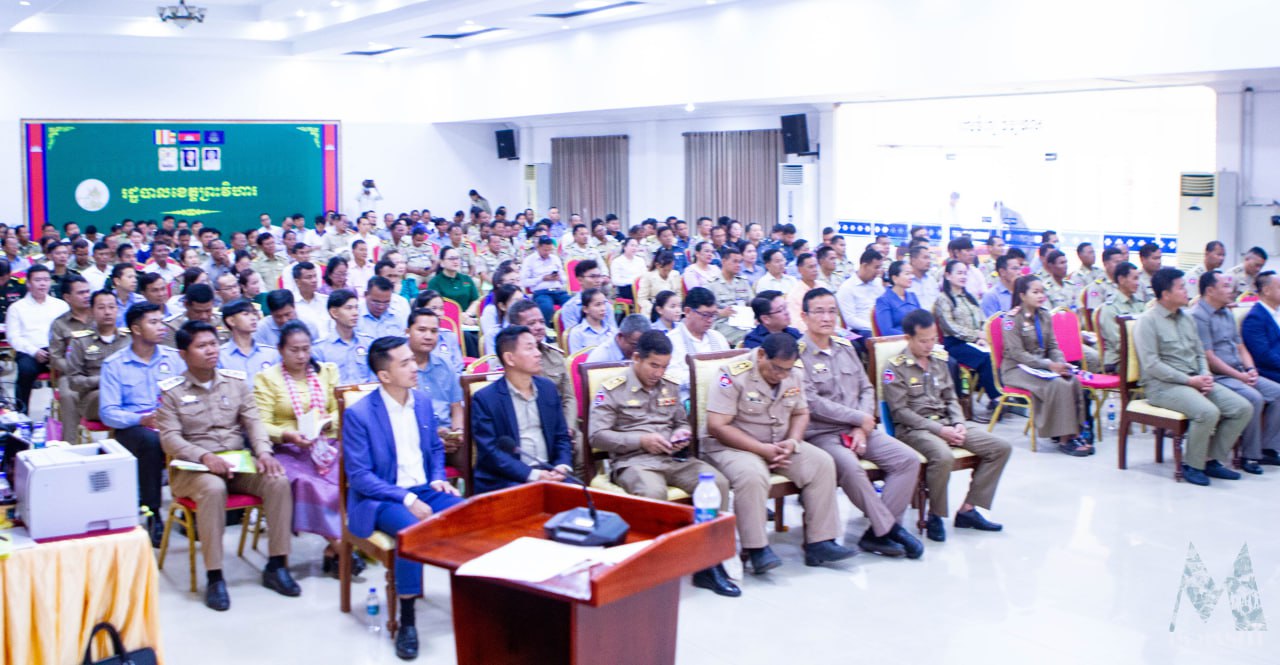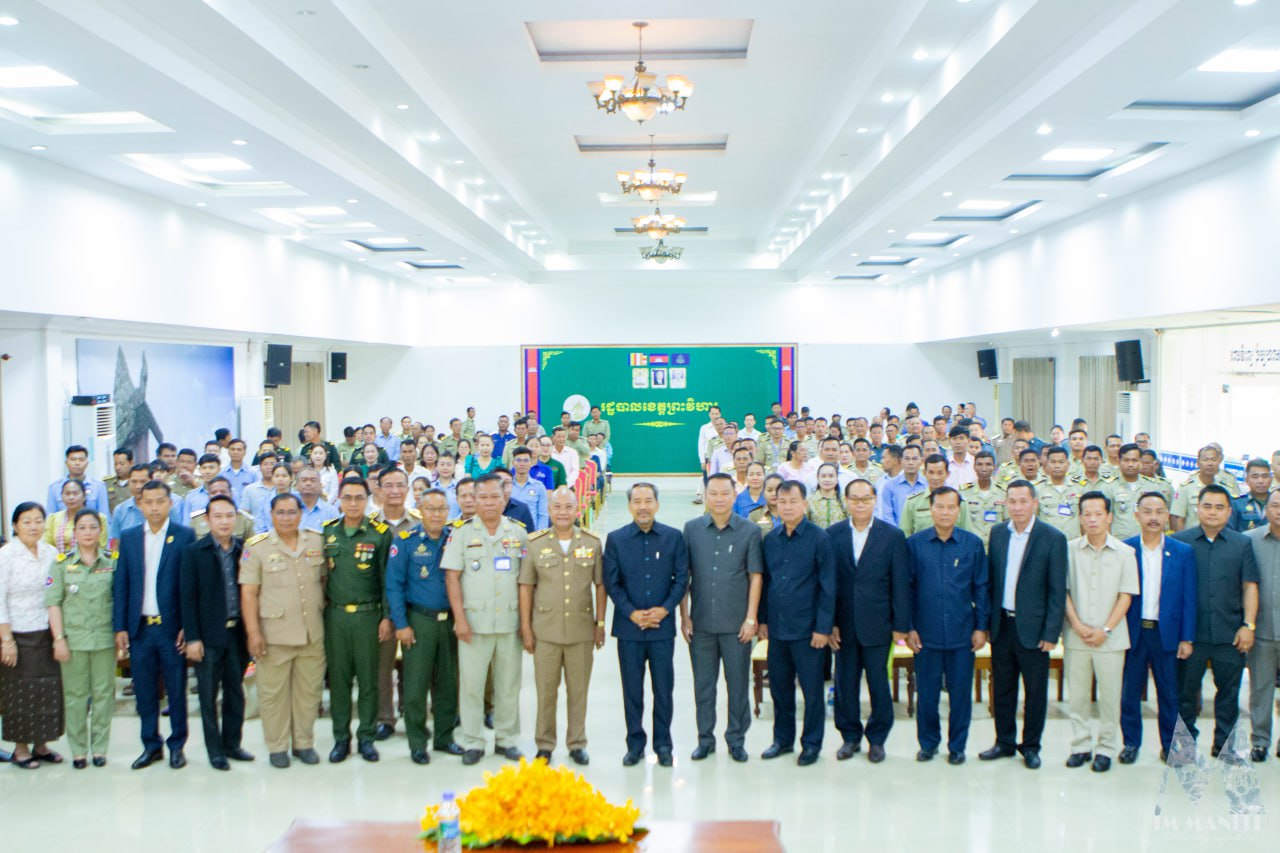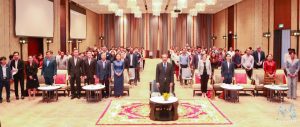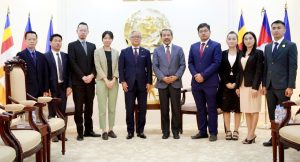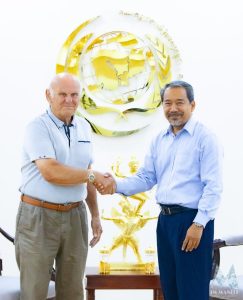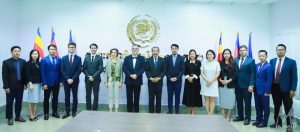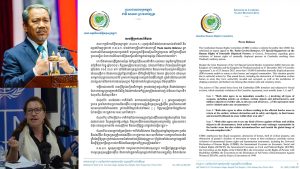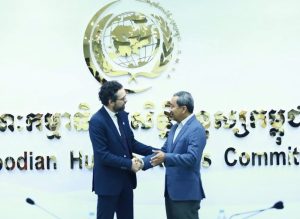HE Keo Remy, Senior Minister, CHRC President, Presided Over National Workshop on Dissemination and Follow-up of UPR Recommendations, Fourth Cycle
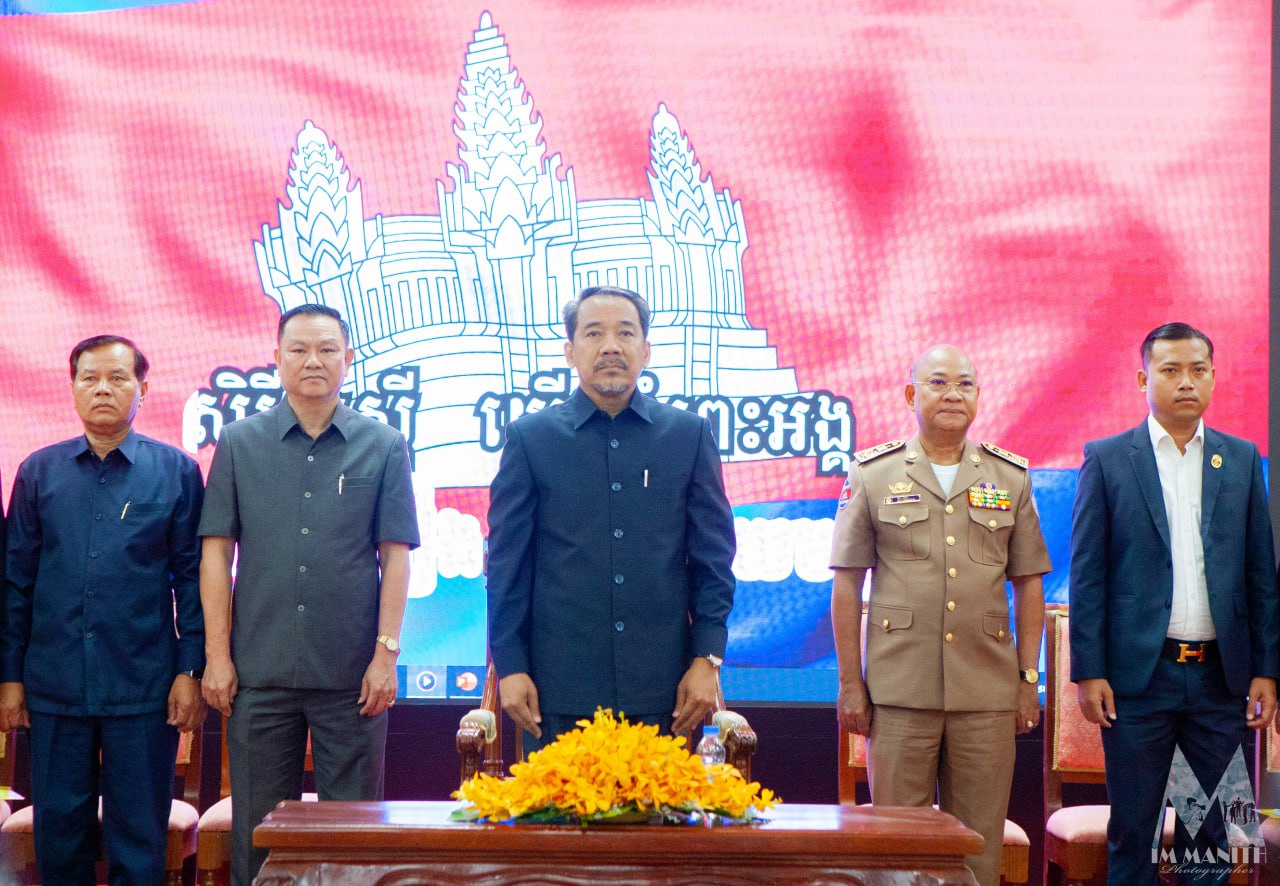 HE Keo Remy, Senior Minister, CHRC President, Presided Over National Workshop on Dissemination and Follow-up of UPR Recommendations, Fourth Cycle
HE Keo Remy, Senior Minister, CHRC President, Presided Over National Workshop on Dissemination and Follow-up of UPR Recommendations, Fourth Cycle
Phnom Penh: National Workshop on “the Dissemination and Follow-up of the Universal Periodic Review (UPR) Recommendations, the Fourth Cycle” was organised in cooperation between the Cambodian Human Rights Committee (CHRC) and the Office of the United Nations High Commissioner for Human Rights in Cambodia (OHCHR), under the chairmanship of HE Keo Remy, CHRC President, on Monday morning, 24 March 2025, at Novotel Hotel, Phnom Penh. The workshop was attended by Excellencies, Ladies and Gentlemen, representatives from the Senate, National Assembly, embassies, ministries, and institutions of the Royal Government of Cambodia, and civil society organisations, and the UN side was represented by Mr Joe Scheuer, the UN Resident Coordinator to Cambodia, and Mr Benjamin Moro, OHCHR Deputy Country Representative.
HE Senior Minister Keo Remy stated that the UPR is the only human rights mechanism of the United Nations Human Rights Council where all 193 UN member states are required to submit their human rights records every four and a half to five years, which allows other UN member states to review and provide comments or recommendations, ensuring that human rights issues in all countries are addressed equally across all countries, regardless of their size or economic status, with the goal of enhancing the human rights globally by facilitating the exchange of best practices and offering technical assistance among states and other partners.
Today’s national workshop aims to raise awareness about the UPR mechanism and recommendations. It also serves as a platform for all stakeholders to engage in discussion, debates, and sharing of perspectives, ultimately contributing to the implementation of accepted recommendations and achieving improved outcomes. He stressed that the 232 accepted and implemented recommendations strongly encourage Cambodia to continue enhancing its human rights situation gradually, with the aim of steadily improving the human rights in Cambodia, with support from UN member states for the leadership of the Royal Government. This involves actively fulfilling human rights obligations in line with international human rights instruments and the specific context of Cambodia. At the same time, the launch of Pentagonal Strategy-Phase I of the Royal Government of the 7th mandate of the National Assembly, under the dynamic, energetic and wise leadership of Samdech Moha Borvor Thipadei Hun Manet, to achieve Cambodia’s vision for 2030 and 2050, as well as the launch of six priority policy programmes implemented at the end of 2023 provide a strong basis for ongoing efforts to promote and protect human rights in Cambodia, which has already responded to the content of all the aforesaid recommendations. This further highlights that the Royal Government of Cambodia has a clear vision in implementing policies and programmes for national building and development.
He added that under the leadership of Samdech Akka Moha Sena Padei Techo Hun Sen, former Prime Minister, and further of Samdech Moha Borvor Thipadei Hun Manet, the Kingdom of Cambodia is safeguarded in its peace, political stability, sovereignty, and territorial integrity, while also maintaining exceptional social security, order and safety; and the national economy has experienced growth of around 6%, which is a crucial factor in ensuring that Cambodians throughout the country have improved access to and enjoyment of fundamental rights and freedoms. Moreover, at the end of 2024, Cambodia successfully hosted and chaired four major international meetings and was voted in by the United Nations General Assembly as a member of the Appointments Committee of the United Nations Peacebuilding Commission, and also approved a decision for Cambodia to officially leave the group of least developed countries at the end of 2029, which has promoted and enhanced Cambodia’s national prestige to further develop.
He strongly anticipates that all ministries, institutions and relevant parties will provide robust support and cooperation in implementing the UPR recommendations and put forward specific measures or action plans or incorporate them into existing work plans in order to transform them into tangible outcomes, that is, to achieve commendable results across all sectors, contributing to the Royal Government’s fulfillment of international human rights obligations and ultimately benefiting the broader interests of the Cambodian people.
